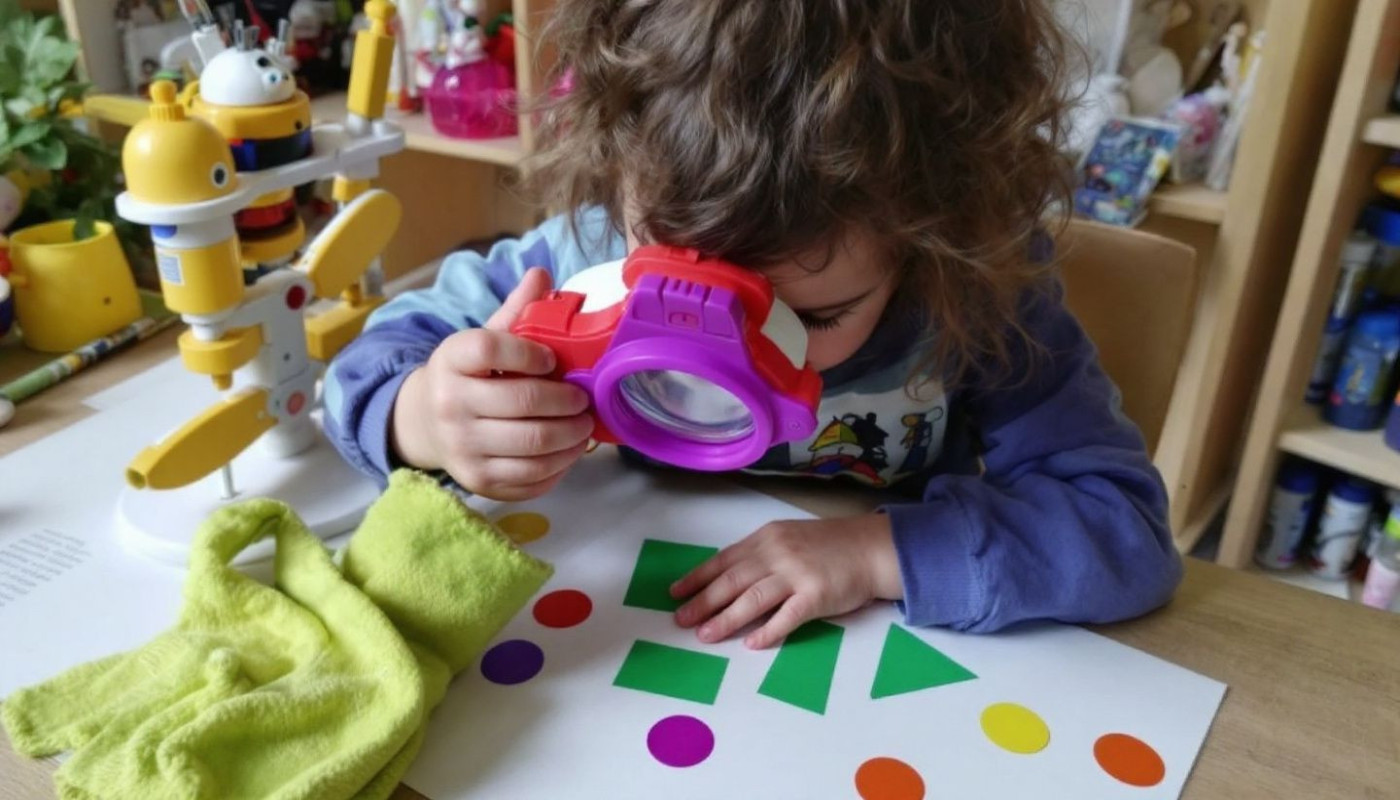Table of contents
Imagine a world where children's travel experiences transform from mere sightseeing into immersive, hands-on learning adventures. Traveling with young minds shaped by Montessori methods opens unexpected opportunities for growth, independence, and cultural understanding. Uncover how these unique educational principles can turn every journey into a memorable and enriching experience—read on to discover the profound impact Montessori philosophies have on travel for children.
Freedom and independence abroad
Montessori travel places a strong emphasis on fostering children’s independence and self-confidence, offering transformative opportunities for growth during family journeys. Drawing on the principle of the prepared environment, trips can be structured to encourage child-led exploration and decision-making. For example, allowing children to choose between various activities or letting them plan segments of the itinerary cultivates a sense of ownership and responsibility. In addition, creating safe, accessible environments on the road—such as organizing self-serve snacks, accessible luggage, or clear navigation tools—empowers young travelers to participate in daily routines. When families intentionally support children’s independence in this way, travel with kids becomes a dynamic form of experiential learning, where each new destination presents a meaningful context for problem-solving, adaptability, and personal achievement. These strategies ensure that children’s independence is nurtured, making every journey not just a trip, but a foundational learning experience.
Sensory experiences in new cultures
The Montessori approach places a strong emphasis on sensory learning, fostering deep connections between children and their environment through activities that engage all five senses. When families embark on journeys to new destinations, this educational method transforms traditional sightseeing into meaningful cultural immersion, allowing children to integrate their experiences through touch, taste, sight, hearing, and smell—a process known as sensory integration. Kids travel tips inspired by Montessori include encouraging children to taste local dishes, listen to indigenous music, observe vibrant marketplaces, feel the textures of traditional clothing, and even smell the aromas of regional foods and flowers. Such practices not only stimulate curiosity but also help young travelers build authentic relationships with unfamiliar cultures, laying the foundation for lifelong acceptance and understanding.
Learning through travel becomes more impactful when guided by Montessori principles, turning everyday moments into opportunities for growth and discovery. Sensory learning activities—like exploring a spice market, participating in a folk dance, or handling handmade crafts—empower children to process and retain new information, making each trip a living classroom. For further guidance on implementing these strategies during family adventures, click to read more, where parents and educators can find practical advice on keeping learning alive while on the move. This approach, as supported by ongoing research at international Montessori institutes, ensures that every journey becomes a holistic educational experience for young explorers.
Self-directed learning on the go
Montessori education travel environments foster self-directed learning by empowering children to make choices about their experiences and exploration. In diverse travel settings, the method’s focus on auto-education allows young travelers to follow their natural curiosity, selecting activities and destinations that resonate with their interests. This approach transforms every journey into an opportunity for educational travel, as children engage with cultural resources, museums, local guides, and interactive exhibits using techniques rooted in Montessori principles. Kids travel journals play a pivotal role in this process, enabling learners to document their experiences, reflect on discoveries, and record observations in ways that support independent thought. Through these practices, self-directed learning nurtures autonomy and critical thinking, helping children derive meaningful growth from every trip while reinforcing the lifelong value of curiosity and observation.
Respect for diverse cultures
Montessori values emphasize cultural respect and empathy in travel, shaping young explorers into global citizens who appreciate the world’s diversity. Through the framework of grace and courtesy, children learn to observe and participate in social customs, recognize the unique contributions of every community, and develop genuine empathy in travel. Encouraging open dialogue about local traditions, modeling travel etiquette for kids, and engaging with community members in authentic and respectful ways all stem from these Montessori principles. As families journey together, they can reinforce global citizenship by supporting children to ask thoughtful questions, listen actively, and respond with kindness, ensuring a deeper understanding and appreciation of the cultures they encounter.
To cultivate these attitudes, it is vital for adults to nurture curiosity and respect for difference, guiding children to notice and honor unfamiliar languages, foods, rituals, and norms. Demonstrating grace and courtesy—such as greeting locals appropriately, observing local customs before participating, and showing gratitude—provides a living model for cultural respect. These everyday interactions, rooted in Montessori values, allow young travelers to experience firsthand how empathy in travel builds bridges across cultures and helps them grow into thoughtful, considerate members of a global community.
Building lifelong travel confidence
Early Montessori-inspired journeys provide children with confidence-building experiences that shape their approach to travel for years to come. Through self-directed activities and hands-on engagement, young travelers develop Montessori skills that foster travel confidence and a sense of independence. For instance, when navigating new environments, adaptable children learn to solve problems on the go, whether by reading maps, choosing healthy meals, or communicating in unfamiliar languages. These practical challenges stimulate adaptability in unfamiliar settings and reinforce travel readiness, preparing individuals to face unexpected changes with composure. This approach ensures that children are not only comfortable outside their comfort zones, but also become lifelong learners, continually extending their abilities and curiosity with each new destination. The International Montessori Association recognizes that travel readiness is not just about logistics; it is about nurturing a mindset that welcomes discovery and growth.
On the same subject

How Fintech Innovations Are Reshaping Corporate Services?

Exploring The Evolution Of Top-Ranked Games Across Genres

Exploring The Impact Of AI On Creative Industries Through Image Generation

Understanding the Technical Aspects of Online Slot Machines

Why entrust the animation of a blog to the artificial intelligence ChatGPT ?

What are the different ways to make a web hosting?

